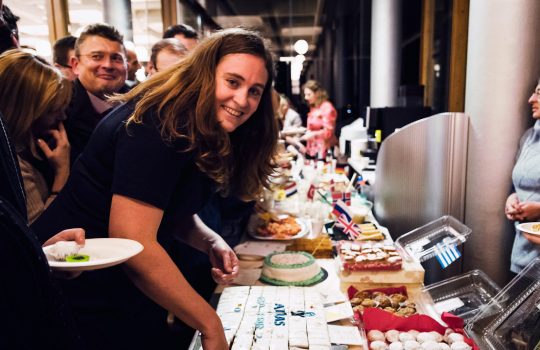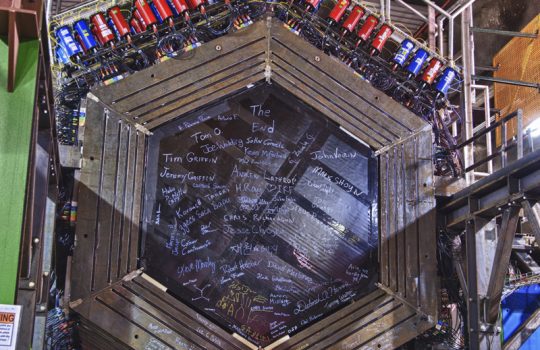‘Temperature profiler’ helping Fermilab scientists in quest to understand subatomic particles
From Aurora Beacon-News, Fermilab scientists and engineers are hoping to understand neutrinos — tiny particles that many feel hold the key to answering many questions about the universe — and are using a very large thermometer to do it.


